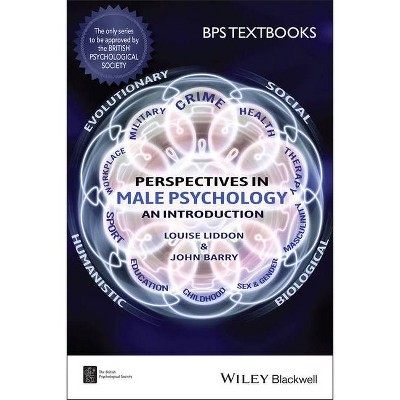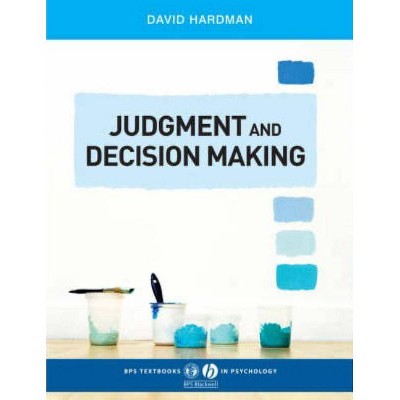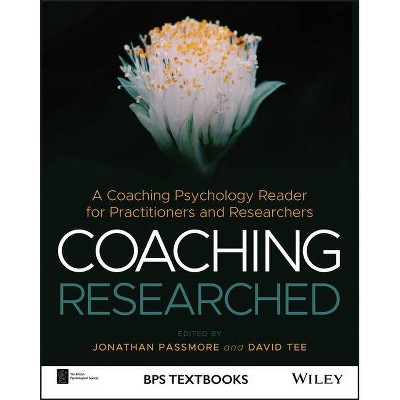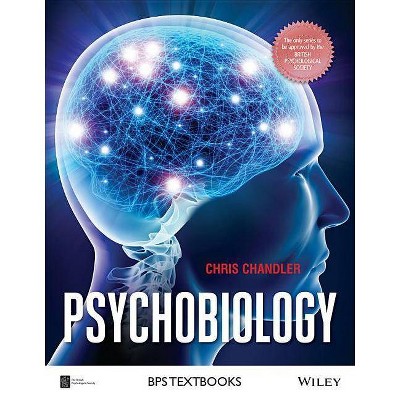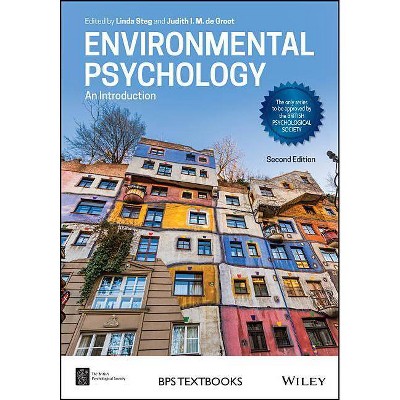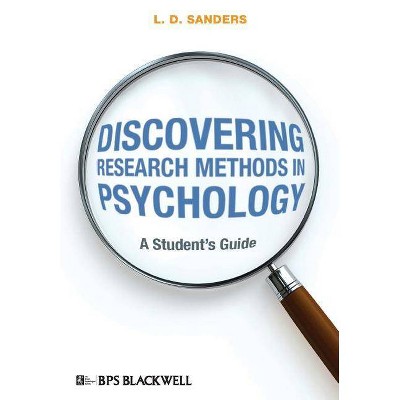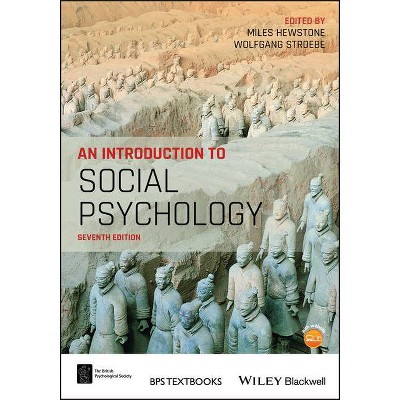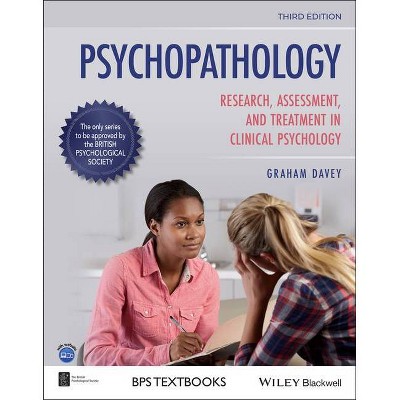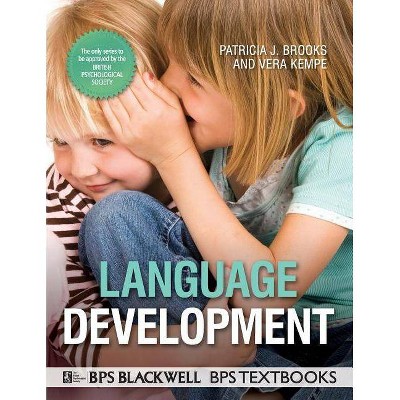Counselling Psychology - (BPS Textbooks in Psychology) by David Murphy (Paperback)
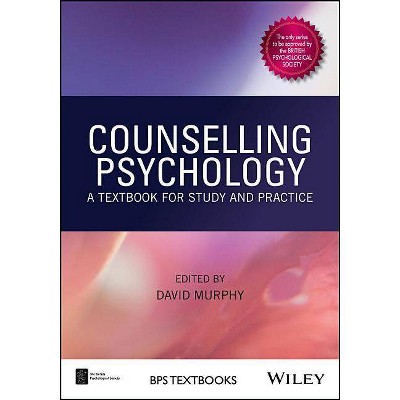
Similar Products
Products of same category from the store
AllProduct info
<p/><br></br><p><b> About the Book </b></p></br></br>Published on behalf by the British Psychological Society.<p/><br></br><p><b> Book Synopsis </b></p></br></br><p><b>A complete introduction to the theory and practice of contemporary counselling psychology</b></p> <p>An excellent resource for students at undergraduate or graduate level, <i>Counselling Psychology: A Textbook for Study and Practice </i>provides valuable insights into the key issues associated with theory and practice in this field. The contributors represent a diverse array of approaches, reflecting the rich diversity within the area, and care is taken to avoid favouring any one approach. The book begins with an overview of the historical and philosophical foundations of counselling psychology, before taking a detailed look at major therapeutic approaches and exploring issues associated with specific client populations, ethics, research design, and more. In particular, the text seeks to explain how counselling psychology differs from and informs other areas of contemporary applied psychology. The result is an engaging balance of the personal and academically rigorous, presented in a highly accessible format.</p> <p>- An authoritative introduction to and key issues involved with the theory and practice of counselling psychology for students and practitioners at all levels</p> <p>- Considers all major approaches to psychotherapy including existential, person-centered experiential, psychodynamic, and cognitive-behavioural</p> <p>- Explores issues commonly encountered when working with specific client groups including children, people with intellectual disabilities, and emergency trauma victims</p><p/><br></br><p><b> From the Back Cover </b></p></br></br><p> <b>A complete introduction to the theory and practice of contemporary counselling psychology</b> <p>An excellent resource for students at undergraduate or graduate level, <i>Counselling Psychology: A Textbook for Study and Practice</i> provides valuable insights into the key issues associated with theory and practice in this field. The contributors represent a diverse array of approaches, reflecting the rich diversity within the area, and care is taken to avoid favouring any one approach. The book begins with an overview of the historical and philosophical foundations of counselling psychology, before taking a detailed look at major therapeutic approaches and exploring issues associated with specific client populations, ethics, research design, and more. In particular, the text seeks to explain how counselling psychology differs from and informs other areas of contemporary applied psychology. The result is an engaging balance of the personal and academically rigorous, presented in a highly accessible format. <ul> <li>An authoritative introduction to and key issues involved with the theory and practice of counselling psychology for students and practitioners at all levels</li> <li>Considers all major approaches to psychotherapy including existential, person-centered, experiential, psychodynamic, and cognitive-behavioural</li> <li>Explores issues commonly encountered when working with specific client groups including children, people with intellectual disabilities, and emergency trauma victims</li> </ul> <br><p/><br></br><p><b> About the Author </b></p></br></br><p><b>David Murphy PhD, CPsychol, AFBPsS, </b> is a Person-Centered Experiential Psychotherapist with a particular interest in the field of trauma, and the Course Director for the Master's program in Person-Centered Counselling and Psychotherapy at the University of Nottingham, UK. He previously held the position of Honorary Psychologist in Psychotherapy and the Centre for Trauma, Resilience and Growth, Nottingham Healthcare NHS Trust.
Price History
Price Archive shows prices from various stores, lets you see history and find the cheapest. There is no actual sale on the website. For all support, inquiry and suggestion messages communication@pricearchive.us
